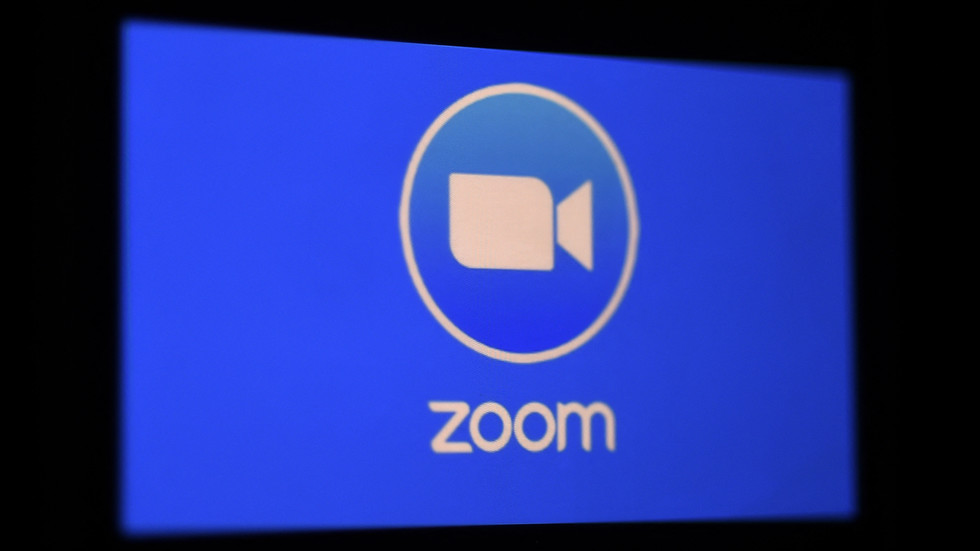
Ekaterina Blinova
Ekaterina Blinova is Nizhny Novgorod based Fellow of the American University in Moscow
The recently highlighted cases of abuse of adopted children have aroused the public opinion in both Russia and the US. The US is accusing Russian officials of bias in the coverage of the issue and depicts the passage of the Dima Yakovlev Law as some sort of "political revenge” for the Magnitsky Bill. Thus the British newspaper The Guardian wrote: "This is not about the rights of children. This is about the pride of once great nations. This is about Russia thumbing its nose at America”. The other side of the conflict is pointing to the cases of mistreatment of Russian children in American foster families: Russian children were abused or sent back to Russia in the manner of a "merchandise return”. While the US insists that living conditions of Russian orphans in their homeland are worse and much more dangerous than in the USA, an investigation carried out by the BBC in 2011 "America’s child death shame” contains statistics and facts that reveal the serious problem of child abuse in the wealthy United States.
What makes Americans struggle so hard for the right to adopt babies from Russia? There are about 20,000 American children waiting to be adopted. But most prospective adoptive parents in the US are white and a great many of the children available for adoption are black or Latino. Unfortunately, the race of an adoptee matters: the foster families are looking mostly for white babies. Michele Goodwin, the Professor in Law at the University of Minnesota commented in her work "The Free-Market Approach to Adoption: The Value of a Baby”: "…couples may spend upwards of $50,000 to adopt a healthy, white infant. Black infants, however, are adopted for as little as $4,000…” Even though an "estimated 2 million American families” are looking to adopt, the majority will pass over black children for white children from abroad (Russia, Ukraine, Romania). According to the Department of Health and Human Services, many couples wait more than eighteen months and spend as much as $30,000 to adopt children from abroad, bypassing the less expensive and less desired black children.
So the more you look at the international adoption business, the less the US looks like a nation of philanthropists. On the other hand, the US have the "deficit” of white babies: for the first time in US history, more than half of all babies born in 2011 were nonwhite, according to the U.S. Census Bureau data. This is a continuation of a long-standing trend in the racial makeup of the population, and suggests that the next generations of Americans will be far more diverse than today. Hispanics, African-American and Asians groups are the most dynamically growing groups. This fact also influences the "adoption market” in the US, making the white babies a "marketable asset”.
A book "Baby Markets” (published in 2012) edited by Michele Goodwin reveals the disturbing new reality of postindustrial western society: "Creating families can no longer be described by heterosexual reproduction in the intimacy of a couple's home and the privacy of their bedroom. To the contrary, babies can be brought into families through complex matrixes involving lawyers, coordinators, surrogates, 'brokers', donors, sellers, endocrinologists, and without any traditional forms of intimacy. In direct response to the need and desire to parent, men, women, and couples – gay and straight – have turned to viable, alternative means: baby markets. This book examines the ways in which Westerners create families through private, market processes.”
The concept of "free market adoption” was first introduced in judge Richard Posner's article "The Economics of the Baby Shortage" (Richard Posner and Dr. Elisabeth Landes 1978), since then popularly known as the "baby selling article”. Though this work came under heavy criticism in the 1970s and 1980s in the US, Judge Posner had become the popularizer of new approach of "free market” adoption practice. Being a follower of the "Chicago school of economics” he proposed an economic liberal concept, eliminating the regulatory role of the state in the adoption process. The slogan of the "Chicago school” has always been: "the market will regulate itself”. The Chicago school of free and unregulated market approach was exposed as a fallacy in 2008 when the World Economic crisis broke out, providing fresh ammunition to those who believe that such an approach does not seem appropriate in the area of baby adoption.
The "free-market” approach is not valid for "measuring” the child’s happiness. A child is not an "asset” but a human being, vulnerable and very complex. Jean Mercer, Professor Emerita of Psychology, Richard Stockton College, Pomona NJ, has written several articles devoted to the psychological problems of the adoptees in their new families, especially the foreign adoptees. Professor Mercer insists that the thorough analysis of the issue must be carried out by the future adoptive parents: they have to learn the basics of the child’s language, then find a professional who can give them guidance or counseling. Future parents must also possess sufficient patience and empathy: there always exists a risk of failing to adequately communicate with their little foreign adoptee. Many American adoptive parents lack the necessary training and education. Jean Mercer wrote an open letter to Pavel Astakhov on April,13 2010 about Artyom Savelyev case (the 7-old boy sent back to Russia by his adoptive American mother). In that letter Professor Mercer claimed that a major reason for maltreatment of adopted children in the United States is the circulation in the media of the misinformation about child mental health and development.
The misconceptions produced by the pseudo-psychotherapists and the American mass-media make the situation still worse. "If Russia were to withhold permission for adoption to the United States until the mass media and the adoption agencies made some effort to correct the misunderstandings they have created by their acceptance of misinformation, this would be motivating for the adoption groups. If the media and the adoption groups were actually to provide correct information, parents adopting from Russia might be better equipped to behave appropriately toward the children,”- wrote Jean Mercer.
The US and the Russian Federation both have serious domestic tasks to be solved, considering the orphan well-being and adoption problems. Due to the heigtened attention by qualified specialists the issues are highlighted and widely discussed. The adoption process both internal and international needs greater regulation, control and transparency. Under the guise of promoting child welfare, contemporary adoption practices have exposed children to pernicious free-market dynamics.
But problems of this nature can’t be solved in terms of bargaining. The meeting of Russian Foreign Minister Sergei Lavrov and the US Secretary of State John Kerry in Berlin on 26 February demonstrated the willingness of both sides to continue the dialogue related to the Russian-American adoptions and a readiness to establish a new common basis for a collaborative solution:



_jpg/250px-ElbeDay1945_(NARA_ww2-121).jpg)









